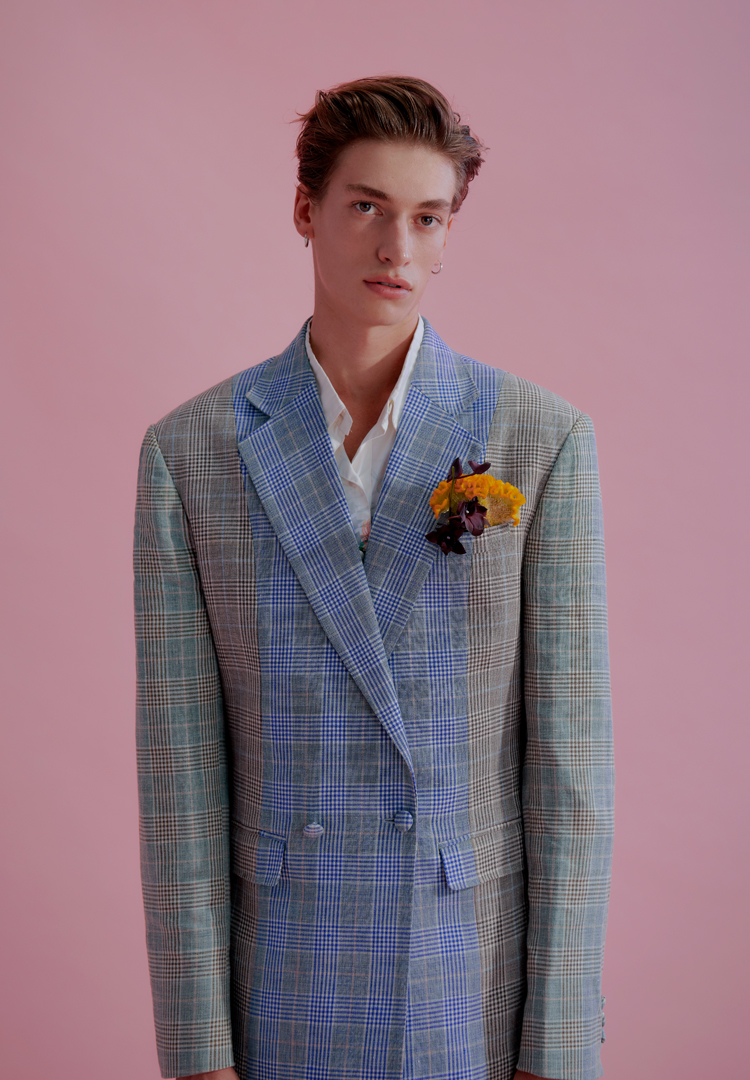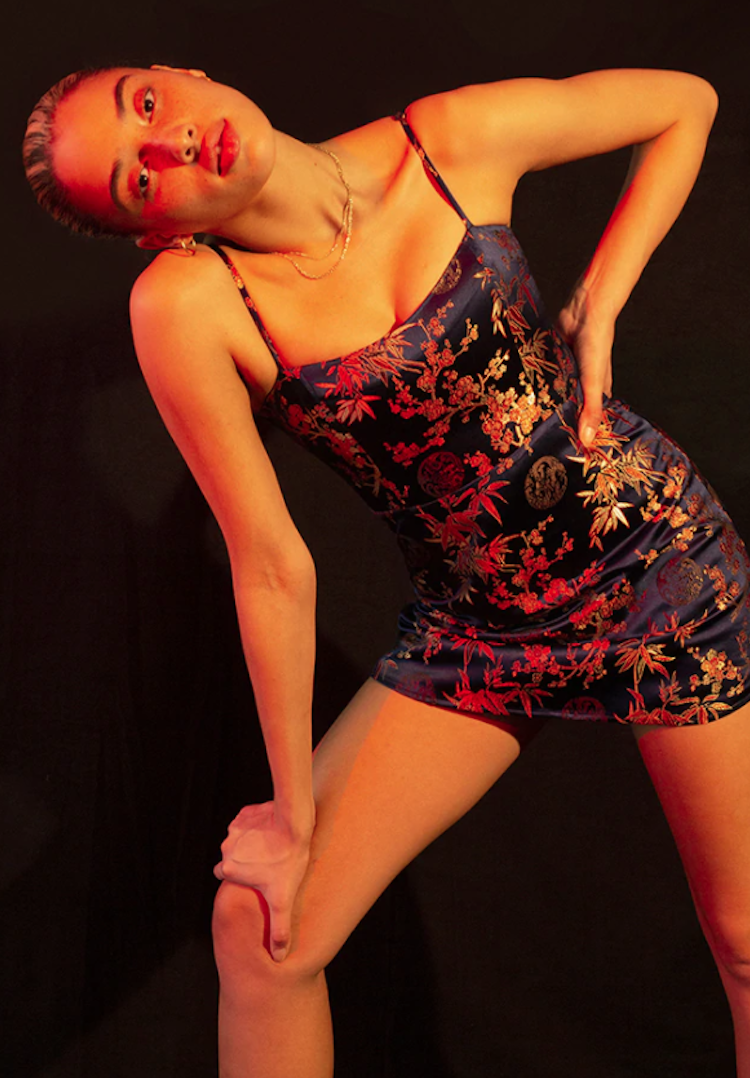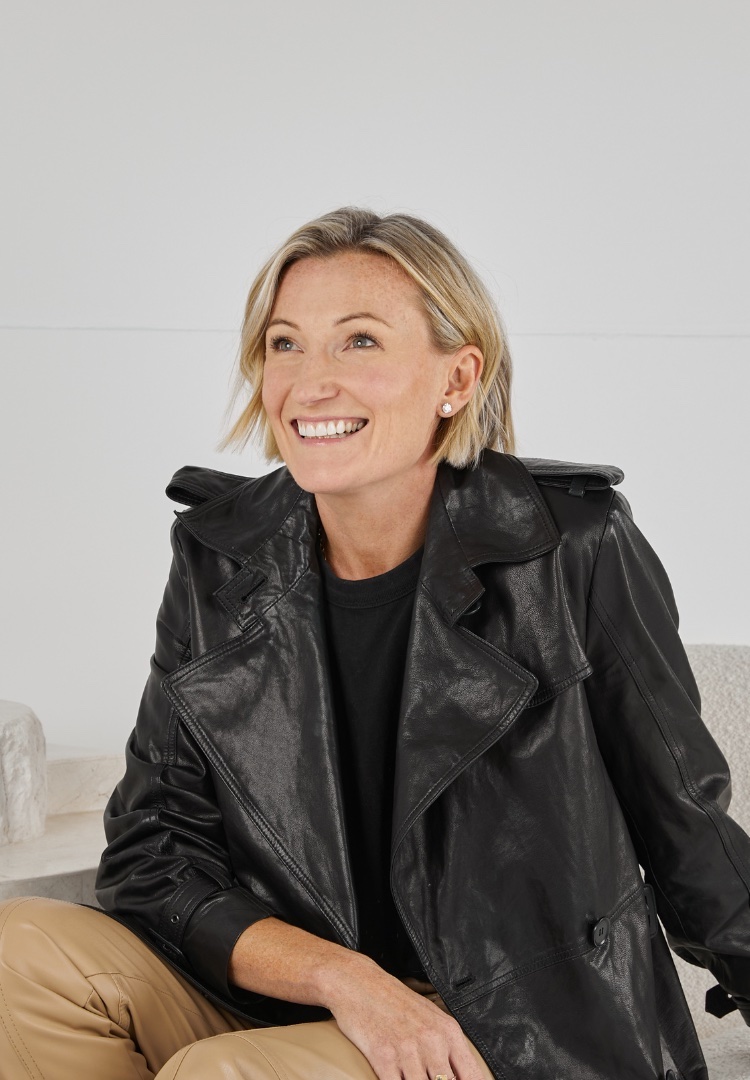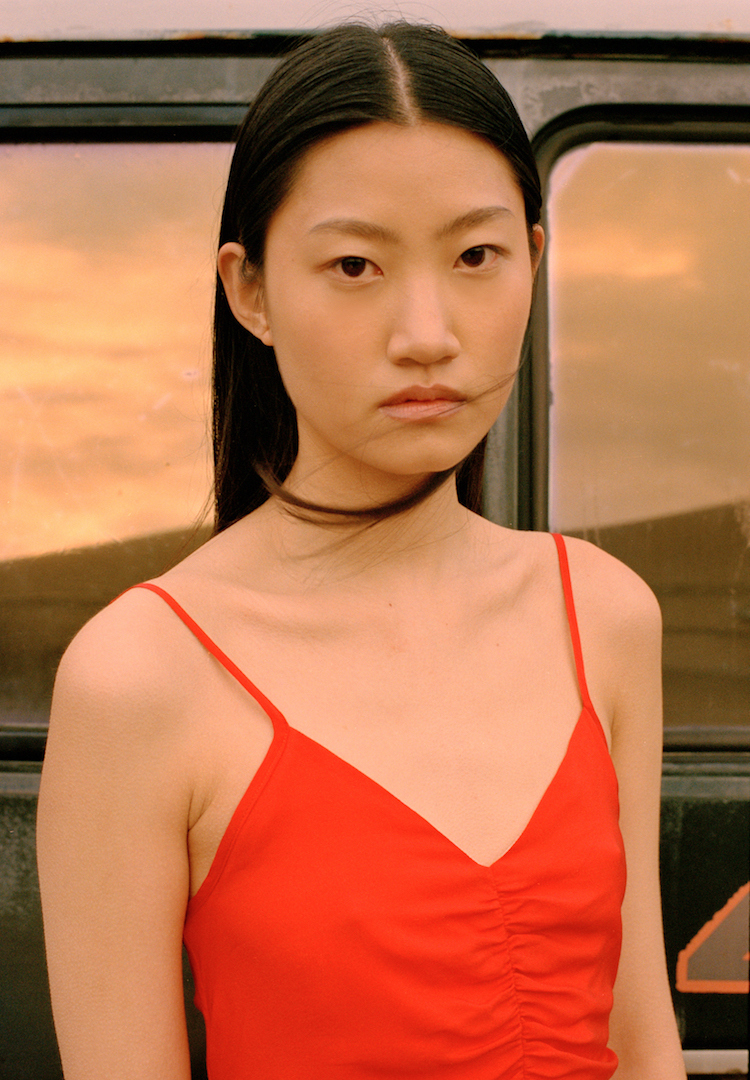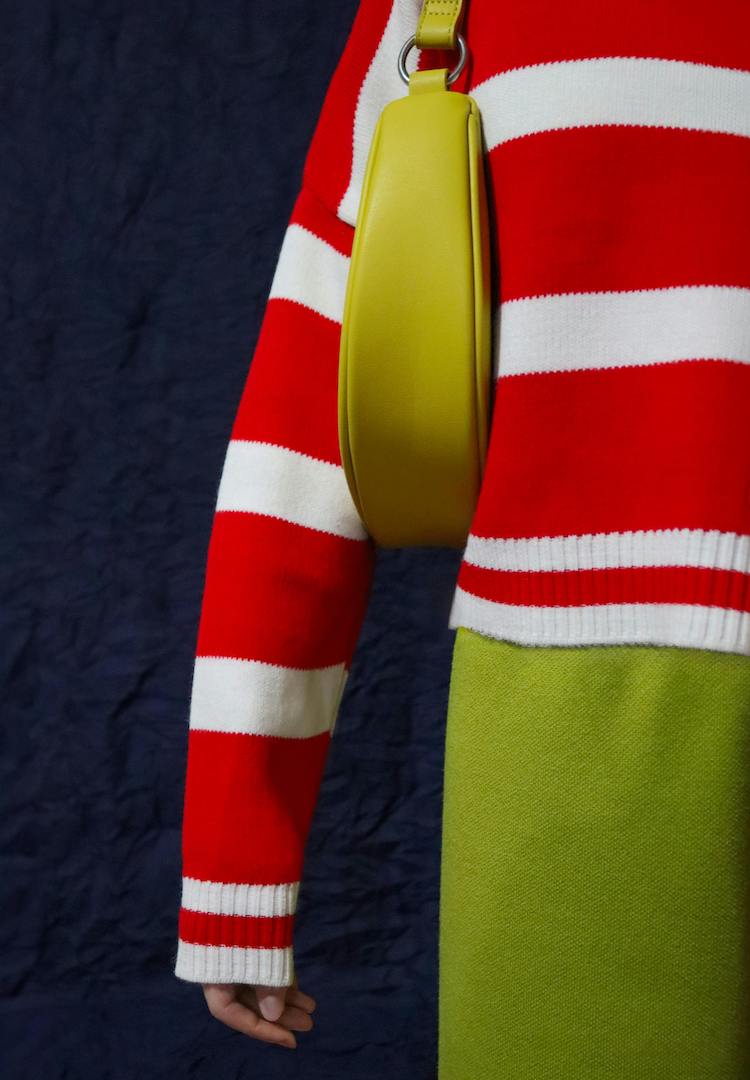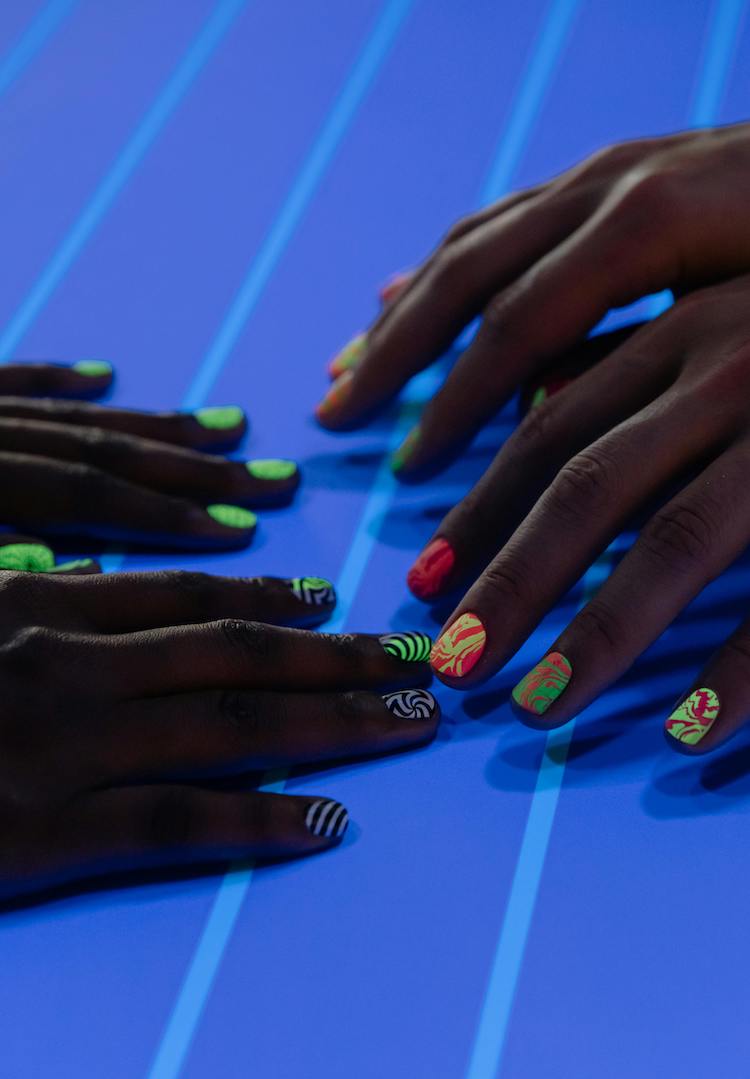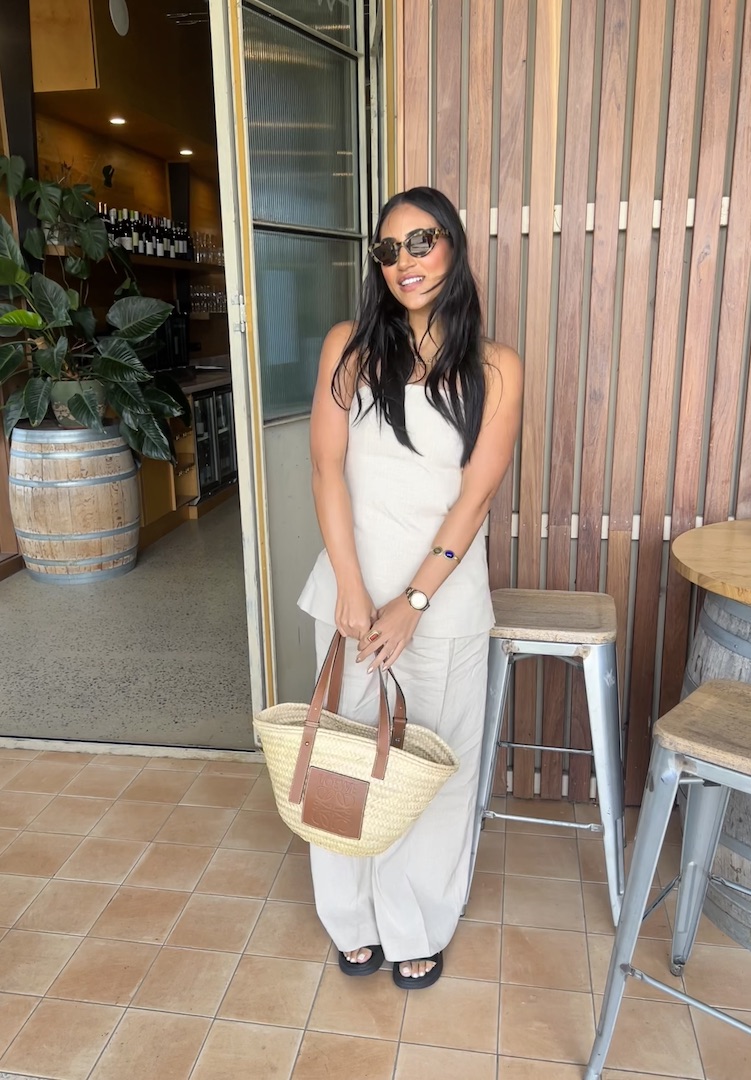We got a career counsellor to answer all your COVID employment woes
PHOTOGRAPHY BY JORDAN DRYSDALE
WORDS BY MAGGIE ZHOU
Arm yourself with confidence and a killer resume.
It’s a fun time to be a young person. Especially fun if you’re in the creative industry, the hospitality industry, a recent graduate or just any person wanting to make money. We’re heading into a recession and are facing a national youth unemployment crisis. Whoopee.
We’ve been told we need to skill up and that we lack resilience, and despite our best efforts, unemployment has passed a two-decade high. Like I said, super fun, right?
While I could continue to wallow in this doom and gloom (and trust me, it’s tempting), I decided to chat to someone who could lend a helping hand and provide some tangible advice about what we can do.
Leah Lambart is a career and interview coach, and the director of Relaunch Me, a Melbourne-based service that helps people find more meaningful and fulfilling work. From recent school leavers to people in their 50s and 60s, Leah and her team have been assisting people to find their ‘career sweet spot’, where strengths and interests collide, since 2014.
Feeling anxious or angry about the current job market? You’re not alone. In fact, your feelings are perfectly valid. Here’s what Leah had to say about the common concerns we are all internally harbouring.
I was stood down from my job and I feel terrible
“First of all, I think it’s really important to reinforce that you haven’t been stood down, your position was stood down. Losing your job is ranked up there with one of the most stressful events in your life, up there with death and divorce. It’s very normal to feel a whole range of emotions – anger, resentment, grief. We spend so much time at work, it’s like losing your identity when you lose your job. Compounded by this market we find ourselves in, it’s only going to be worse and cause more anxiety,” Leah explains.
She asks you to look at the things you’re worried about and analyse whether they’re in your control. For example, you’re responsible for how you react to events, how you behave, how you treat others and whether or not you do the actual job-hunting work. On the other hand, you’re not in control of the pandemic (duh).
Leah recommends that you have dedicated ‘worry time’ – an allocated session where you sit and write out your concerns. It’ll help distinguish realistic worries from the ‘what if’ hypothesises that pointlessly cloud our minds.
Under the new Job Seeker requirements, I have to apply for four jobs every month. I’m super unmotivated and tired of getting rejected
“If you have lost your job, be kind to yourself. Do some self-care; that might mean taking some time to grieve and process events before you throw yourself straight into looking for another job. I think it’s important that people talk it out with their friends and family and vent and be angry. But you have to be in a much more positive mindset once you start your job search,” Leah says.
When you’re in the right state of mind, Leah recommends setting a daily routine. “Set up a calendar with morning, afternoon and evening activities and make sure you do one productive activity each day. That might be something working towards your job search – setting up a LinkedIn profile, updating [your] resume [or] making contact with someone in the industry.”
In conjunction, she advises you to break up your day with activities that bring you joy. “It’s important that you’re doing something outside of your job search that keeps up your energy levels and confidence.” That’s your cue to continue learning TikTok dances and perfecting your sourdough recipe.
How do I improve my resume and job applications?
“The number of applicants for jobs has increased dramatically, so some companies that get a high volume of applicants [will use] computers [to] screen out resumes,” Leah discloses. She explains that documents need to be keyword optimised, meaning you need to include important phrases outlined in the job description or else you’ll be screened out before recruiters can even see your application.
“They also need documents that visually look good – that doesn’t necessarily mean they have to be beautifully designed templates, sometimes the [computers] can’t actually read them,” Leah says. The focus doesn’t necessarily need to be on your colour palette and Canva layouts, instead Leah suggests resumes use simple and legible fonts.
Help, I don’t even know what industry I want to work in
With this extra time at home, Leah suggests you go through some self-assessment and critical reflection. She recommends looking into your personality type, whether you’re an extrovert or an introvert and whether you prefer working in a team or by yourself. Reflect on your personal values, too. Are you driven by purpose, money, status or creativity?
“[Your] career sweet spot [is] when a few things intersect. It’s finding work that aligns to your interests, uses your natural strengths, comes easily to you, is sustainable, [and there is] a need for it.”
Practically, Leah advocates for short courses that aren’t too expensive, such as CreativeLive, Coursera, Udemy and Masterclass. She also vouches for talking to people who actually work within the industry you’re interested in. Stalk them on LinkedIn and make the most of your own network – all you need is a 15-minute phone call.
While our worries are warranted, Leah reassures us that this is only temporary. “There is hope at the end of the tunnel. Use this time to connect with family and friends and access support if you need it, from health professionals or financial counsellors.”
Looking to step up to a career in fashion? Each week we send a wrap of industry jobs straight to your inbox. Enter your details below and we’ll keep you in the loop, or browse current openings here.


